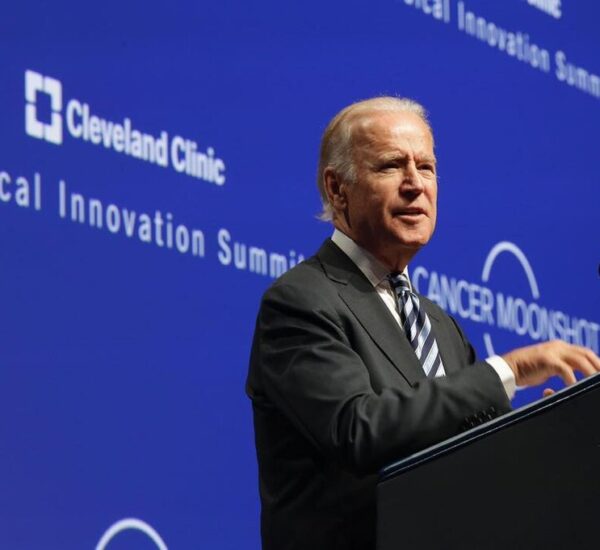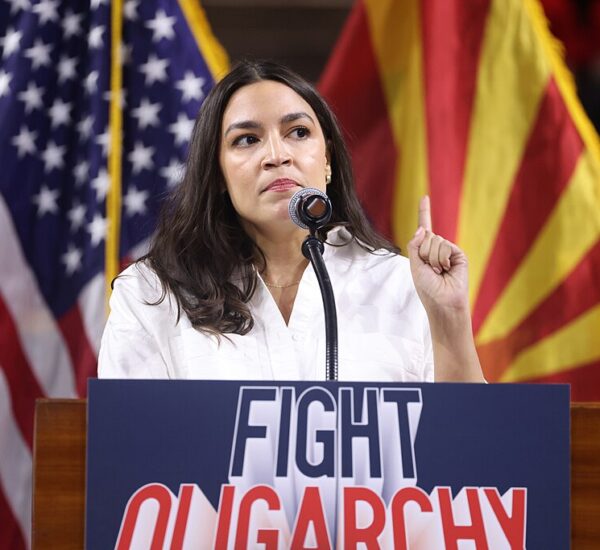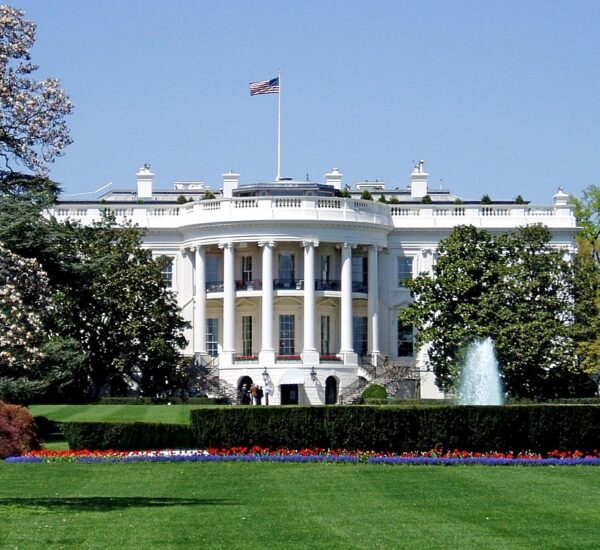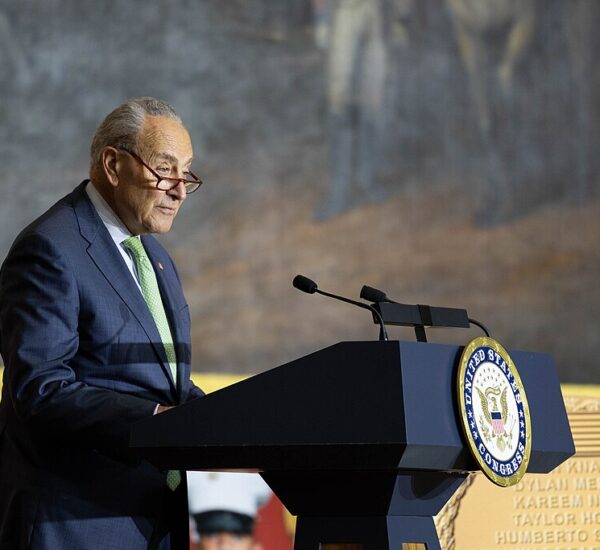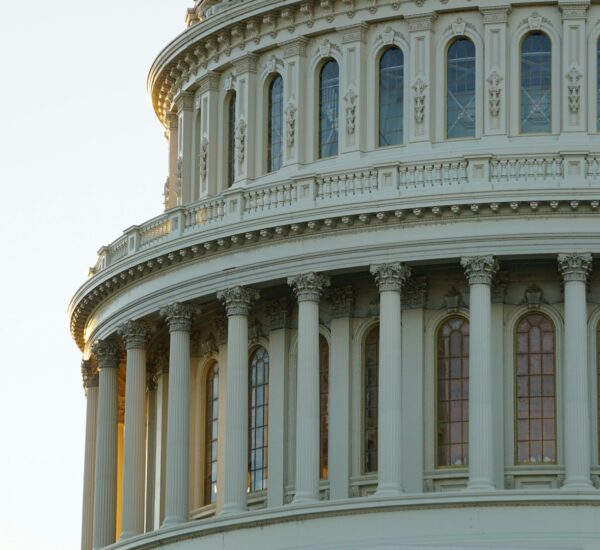Could Biden or Obama have done this?
DOHA, QATAR — President Donald J. Trump, in a bold move to strengthen American economic and defense interests abroad, signed a landmark series of agreements with Qatar’s Emir Sheikh Tamim bin Hamad Al Thani during a high-profile visit to Doha.
Among the signed deals: a multi-billion-dollar purchase of Boeing aircraft, a letter of intent to acquire powerful MQ-9 Reaper drones, and several new cooperative arrangements between the U.S. and Qatar—all of which boost American manufacturing and defense exports.
“We had a great conversation,” said Emir Al Thani. “These agreements take our relationship with President Trump and the United States to a whole new level.”
But as U.S.-Qatar ties tighten, so do the national security concerns.
Security Experts Sound Alarm Over Qatar’s Ties to Extremism
As the ink dries on the agreements, critics across the political spectrum are raising red flags about Qatar’s history of funding radical groups like Hamas and hosting controversial figures. Now, questions are swirling about the reported Qatari gift of a $400 million private jet—possibly intended for temporary use as Air Force One.
“Qatar supports Hamas. They are not a great ally,” warned Sen. Rick Scott (R-Fla.). “My biggest concern is the safety of President Trump.”
This isn’t the first time Qatar has been under scrutiny. In 2017, President Trump called out Qatar directly, accusing the Gulf nation of sponsoring terrorism at the highest levels.
Qatar’s Role in Middle East Peace Talks Raises Suspicions
While Qatar promotes itself as a peace broker, critics say its role in hostage negotiations and ceasefire deals often serves to legitimize hostile actors.
This week, an Israeli delegation traveled to Doha to discuss a potential deal with Hamas involving a Gaza ceasefire and hostage exchange. Just days earlier, a Qatari-brokered agreement secured the release of Edan Alexander, the last living American hostage held by Hamas.
Back in March, Qatar also helped negotiate the release of U.S. citizen George Glezmann, who was held by the Taliban in Afghanistan.
Despite these diplomatic wins, many in the conservative national security community question whether Qatar’s mediation efforts are truly neutral—or a cover for deeper ties with terrorist organizations.
Trump Organization Inks New Deal with Qatari Wealth Fund
In a separate development, the Trump Organization announced a new partnership with Qatari Diar, a real estate company backed by Qatar’s sovereign wealth fund. The deal will bring a luxury golf resort to Doha, further expanding Trump’s international business footprint.
Supporters hail the move as a win for American entrepreneurship and job creation, while critics argue it may deepen foreign entanglements.
Conclusion: Bold Diplomacy or Risky Entanglement?
President Trump’s Doha visit represents a major pivot in U.S.-Qatar relations—from past tensions to a more business-first, strategic alliance. But as Qatar’s ties to radical groups and potential influence operations come under the spotlight, many Americans are asking:
Is this the kind of ally we want?
As Trump continues to prioritize peace through strength, economic growth, and American exceptionalism, the outcome of this new alliance will have lasting implications for U.S. foreign policy—and for the safety of the Commander-in-Chief.

